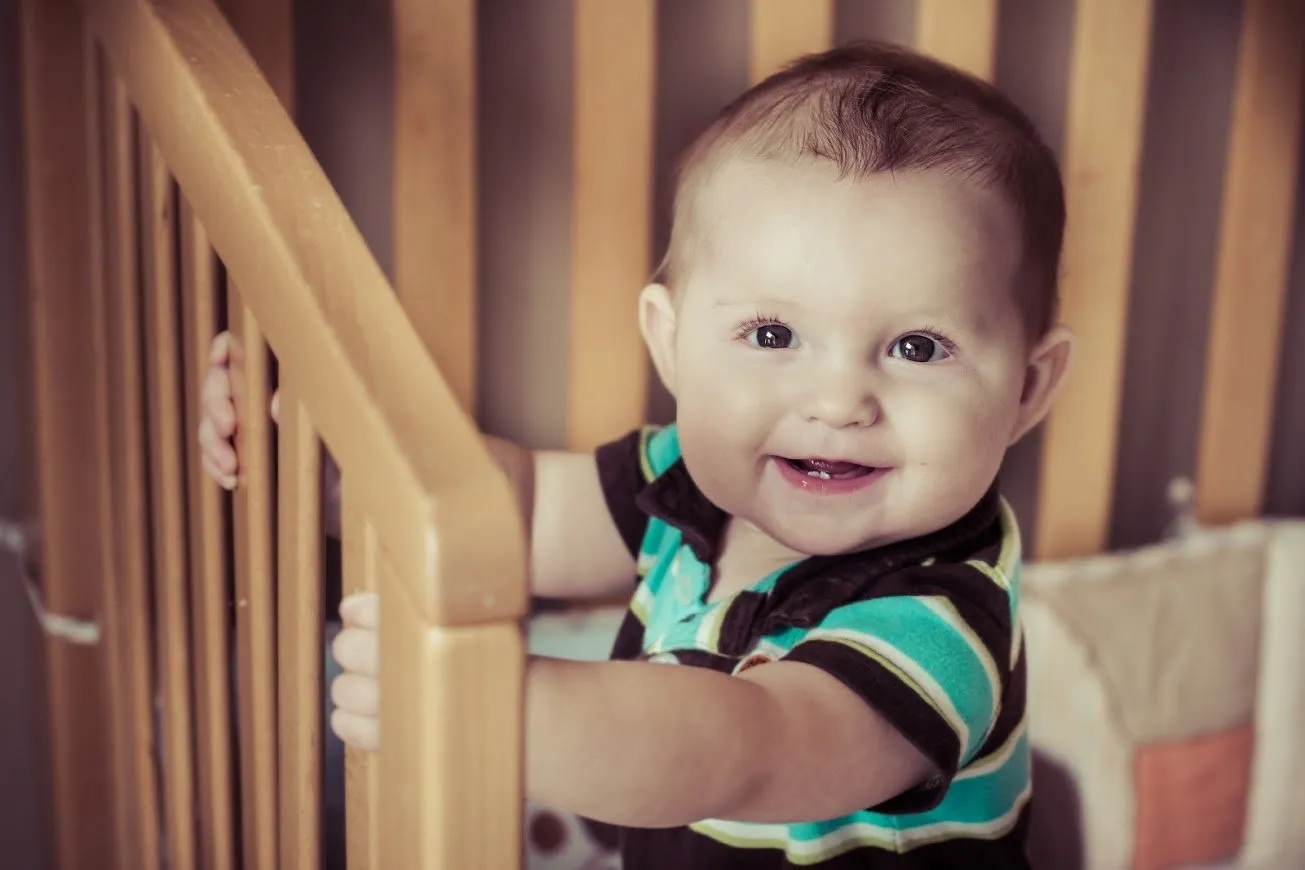As an adult, you likely think of primary teeth as somewhat less important than primary teeth. This impression comes from the transitory nature of primary teeth. Once your primary teeth fall out and your permanent teeth erupt, you likely won’t even think about your primary teeth except to tell any funny stories about how you lost them.
Unfortunately, when parents see primary teeth as unimportant, their children’s permanent teeth can suffer the consequences. In this blog, we list five ways that caring for your child’s primary teeth, teaching your child good oral hygiene from a young age and partnering with a qualified paediatric dentist protects your child’s permanent teeth.
1. Creates the Layout for Permanent Teeth Eruption
The most fundamental purpose of primary teeth is to provide the blueprint for where the permanent teeth will eventually be. When primary teeth suffer neglect, the teeth often develop cavities and other forms of decay that can cause premature loss.
When primary teeth shift or fall out early, the alteration changes the layout for your child’s permanent teeth. Many children with this issue will need orthodontia to correct crowding, turned teeth and overlapping teeth.
2. Decreases the Risk of Infection During Eruption
While cavities are the most common form of primary teeth decay, some children can form abscesses or develop oral infections. These issues don’t leave the mouth when the affected primary tooth falls out. Instead, the sores or infections stay in the soft tissues around the sockets.
In this situation, the permanent tooth erupts into a hostile environment that could stunt growth, weaken structure and cause your child pain.
3. Encourages Essential Gum Tissue Support
Healthy teeth consist of more than just beautiful pearly whites, they must also have a strong support network of gum tissue. When children have good oral hygiene with their primary teeth, they develop strong and healthy soft tissues.
While children can make their gum tissue healthier after their permanent teeth come in, their permanent teeth are more likely to come in where they should, stay in place and develop healthily when the gums are already prepared.
4. Establishes Good Lifelong Oral Health Habits
As an adult, you’ve likely tried, struggled with, failed and succeeded in establishing many habits. Children have no habits other than the ones that they have naturally, such as eating and sleeping, and those they learn from practice.
When you care for your child’s teeth during their infancy, then take your child in for his or her first dentist appointment and finally teach good oral hygiene skills, you create lifelong oral health habits. Additionally, this step may help your child avoid fear of the dentist entirely, ensuring that he or she always seeks the necessary dental care.
5. Strengthens the Jaw Bone
In addition to the soft tissue support discussed in section three, healthy teeth also need a solid anchor in the jaws. Younger children have softer bones that become stronger as the children age.
Decayed primary teeth can affect the connection with the jaw bone, leaving primary teeth vulnerable to long-term jaw issues and the jaw to pain and secondary health conditions.
As you make decisions about your child’s oral health, remember to prioritize your child’s primary teeth as an important step in the development of his or her lifelong dentition. If you feel unsure how to best provide your child with the dental care he or she needs at a specific developmental stage, discuss your concerns with a paediatric dentist.
For dental care for your entire family, including your children at every stage of their oral development, trust the staff at Dental Smile Frankston.




